Staying fit after 40 isn’t about intense gym sessions or expensive gear—it’s about consistency, smart choices, and working with your body’s changing needs. For women juggling careers, families, and personal time, finding effective, realistic fitness strategies is essential. The good news? Science supports simple, sustainable habits that fit into real life and require little to no equipment.
Backed by research and designed for practicality, these 12 fitness tips help women over 40 boost strength, energy, balance, and longevity—without overhauling their schedules.
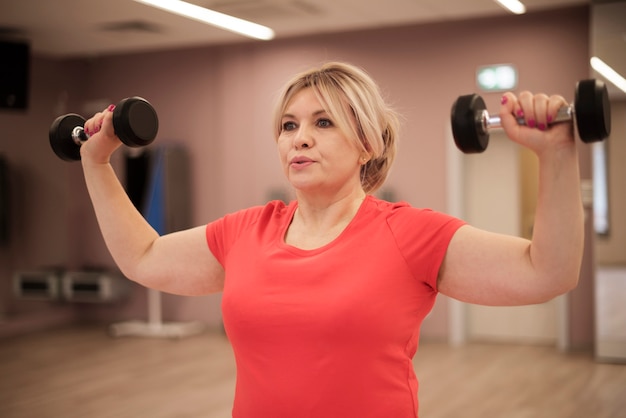
After 40, muscle mass declines by 3–8% per decade, accelerating after 60. Strength training slows this loss and supports metabolism. A 2023 study in the Journal of Aging and Physical Activity found that women who strength trained twice weekly had better bone density, balance, and functional mobility.
Use bodyweight exercises like squats, lunges, and push-ups, or add resistance bands for extra challenge—no gym needed.
You don’t need hour-long workouts. Research from the American Journal of Preventive Medicine shows that short, frequent movement breaks—like 10-minute walks after meals—improve blood sugar control and cardiovascular health.
Break activity into manageable chunks: walk during phone calls, stretch while watching TV, or do a 5-minute stair climb. Cumulative movement counts.
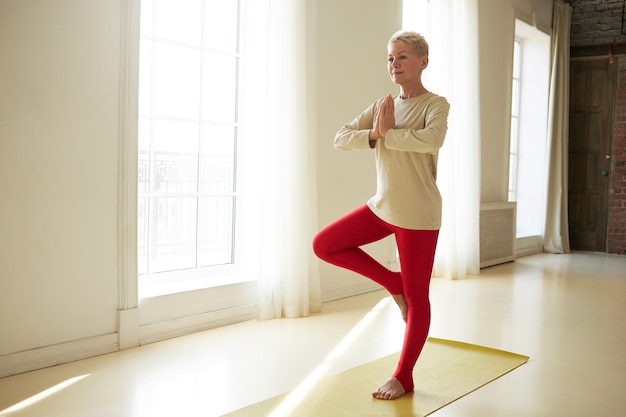
Falls are a leading cause of injury in older adults. A 2022 Cochrane review found that balance exercises—like single-leg stands, heel-to-toe walks, and tai chi—reduce fall risk by up to 40%.
Practice standing on one foot while brushing your teeth or waiting for the kettle to boil. Over time, progress to eyes-closed versions for greater challenge.
Joint stiffness increases with age due to reduced synovial fluid and connective tissue elasticity. A 2021 study in Frontiers in Physiology showed that just 10 minutes of daily stretching improves range of motion and reduces discomfort.
Try morning stretches for your hamstrings, shoulders, and hips. Use a towel as a strap if needed. Yoga-inspired moves like cat-cow or seated forward bends are effective and equipment-free.
A 2024 study of over 170,000 adults found women who consistently get 7–8 hours of quality sleep live up to 2.5 years longer than those who don’t. Sleep supports muscle repair, metabolism, and mood regulation—all crucial for fitness.
Create a wind-down routine: dim lights an hour before bed, avoid screens, and keep a consistent sleep schedule—even on weekends.
Dehydration worsens fatigue, joint pain, and cognitive function. As we age, thirst signals weaken. A Nutrition Reviews analysis found that even mild dehydration (1–2% body weight loss) impairs physical performance.
Keep a reusable water bottle handy. Add lemon or cucumber for flavor. Aim for pale yellow urine as a hydration marker.
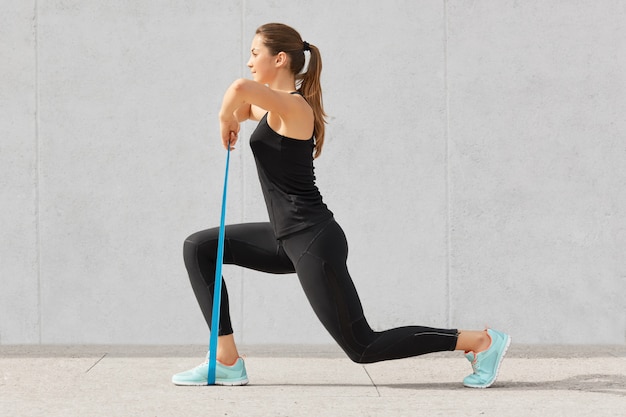
Resistance bands are affordable, portable, and highly effective. A 2023 study in Sports Medicine found band-based training improves strength and muscle activation comparably to free weights.
Use them for rows, chest presses, leg abductions, and glute bridges. Store in a drawer or purse for on-the-go workouts.
Brisk walking is excellent, but adding short bursts of faster walking boosts cardiovascular fitness and fat metabolism. A 2022 study in BMJ Open found interval walking improves VO2 max more than steady-state walking.
Try: 3 minutes easy walk, 1 minute brisk pace. Repeat for 20–30 minutes. Do it in your neighborhood, mall, or even indoors.
After 40, bone density declines, increasing osteoporosis risk. Weight-bearing activities—like walking, stair climbing, and dancing—stimulate bone formation.
A 2023 review in Osteoporosis International confirmed that regular impact activities help maintain bone mineral density. Even 20 minutes a day makes a difference.
Chronic stress elevates cortisol, which can lead to weight gain, muscle loss, and sleep issues. Mind-body practices like yoga, tai chi, or mindful walking reduce stress markers.
A 2021 study in Psychoneuroendocrinology found just 12 weeks of yoga lowered cortisol and improved perceived well-being in women over 40.
Protein needs increase with age to combat muscle loss (sarcopenia). The Journal of the American Medical Directors Association recommends 1.0–1.2 grams of protein per kg of body weight daily for women over 40.
Include eggs, Greek yogurt, legumes, tofu, or lean poultry in meals. A protein-rich snack like cottage cheese or a handful of nuts post-workout aids recovery.
Weight isn’t the best indicator of fitness. Focus on non-scale victories: more energy, better sleep, easier stair climbing, or looser-fitting clothes.
Take progress photos, log workouts, or use a simple journal. Celebrating small wins builds long-term motivation.
Fitness after 40 is less about perfection and more about consistency. These science-backed, low-equipment strategies fit real life and deliver lasting results. Start small, stay steady, and let your body thrive.

Fitness
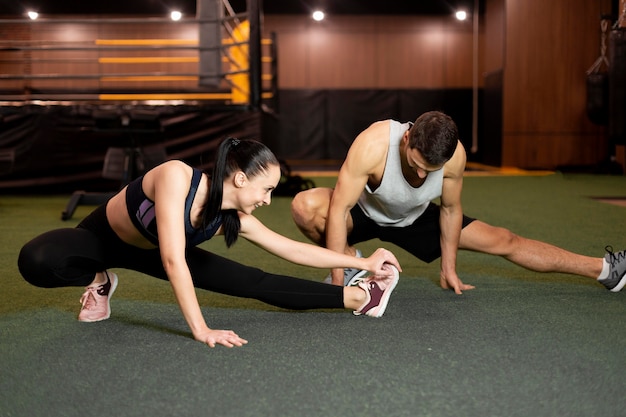
Fitness
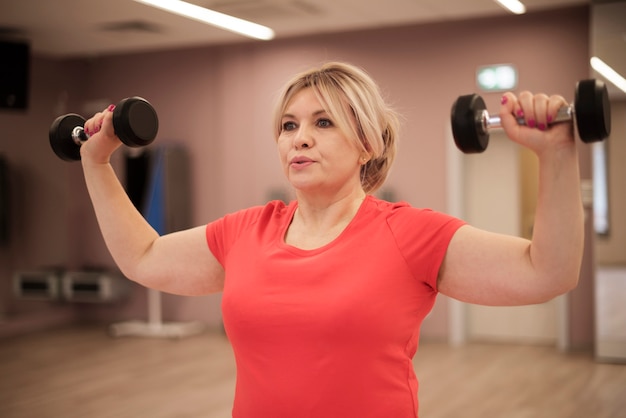
Fitness

Fitness

Health
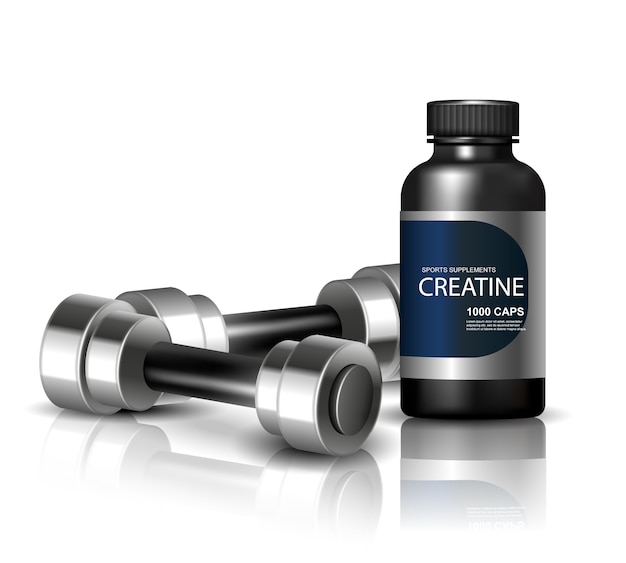
Wellness
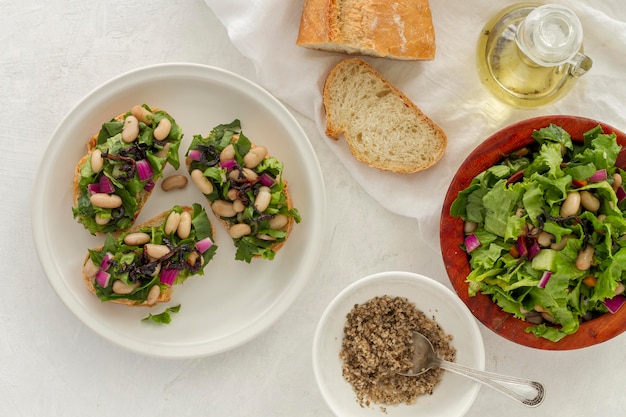
Health

Fitness
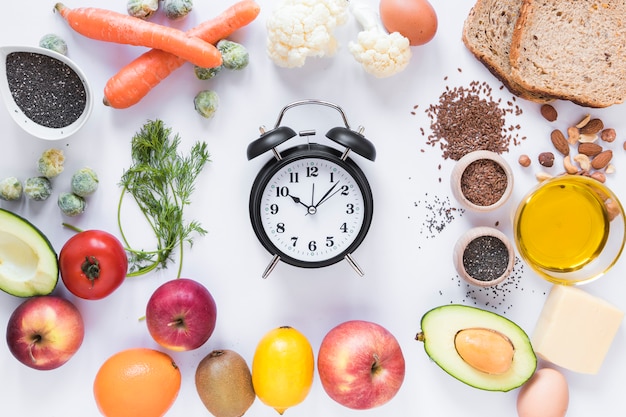
Health
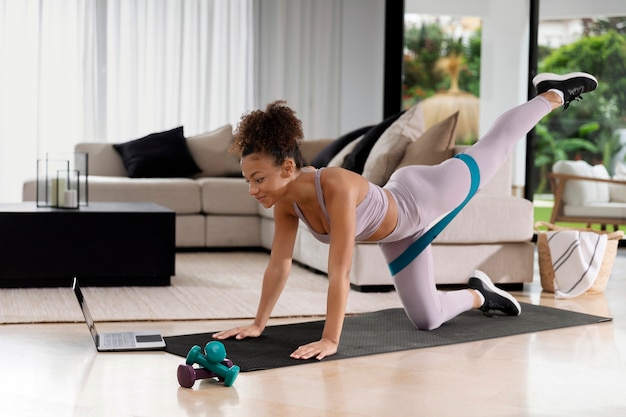
Fitness
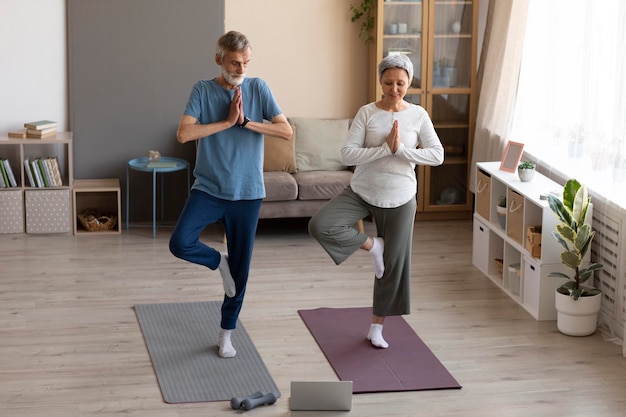
Wellness

Wellness

Health

Fitness

Health

Health